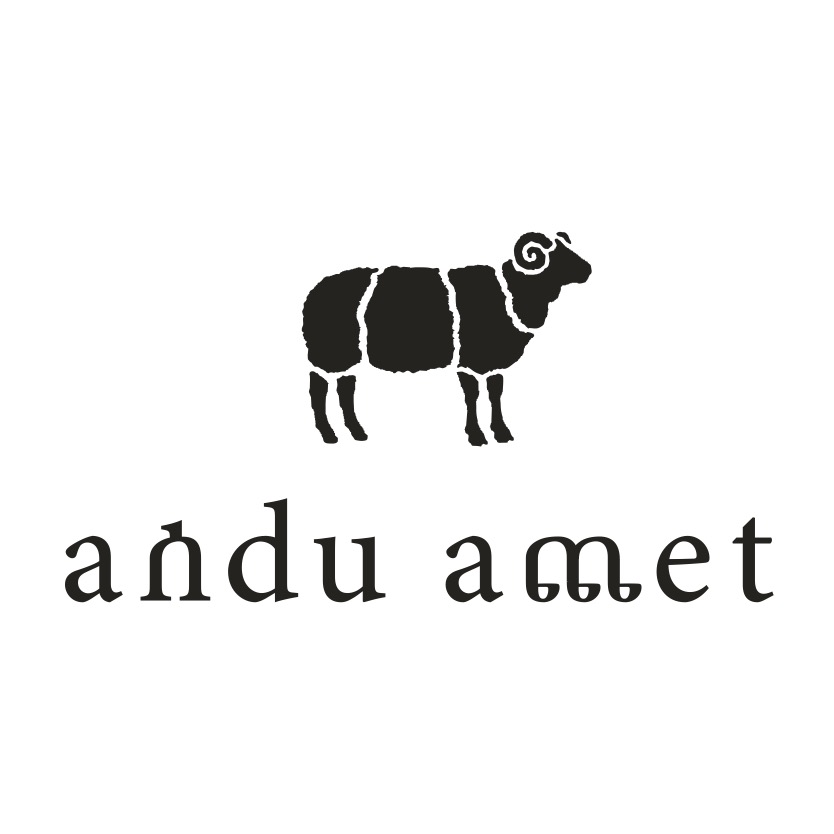

andu amet Ltd.

Tokyo, Japan
November 2023
Leather & related products
Manufacturing
Ethiopia,
Japan
andu amet is a lifestyle innovation company established in 2012, whose aim is to bring everyone true beauty and abundance. As a fashion brand, andu amet produce and sell leather products that use renowned Ethiopian sheepskin, considered the world's finest leather, such as delicate craft jackets, bags, and wallets with the concept of fair trade. They are all produced in the local workshop owned by ourselves in Ethiopia, which provides capacity building to the employed craftsmen. Our leather products have been sold worldwide through our flagship store in Tokyo and online shop. Additionally, we have often opened a popup store in famed department stores, as well as collaborated with many enterprises such as All Nippon Airways (First Class and Business class only), Starbucks, and so on. We are also currently looking to expand our operations into the training area. We are in the process of preparing a training program focused on business with sustainability and leadership in DE&I for Japanese corporations.
Overall B Impact Score
Governance 7.5
Governance evaluates a company's overall mission, engagement around its social/environmental impact, ethics, and transparency. This section also evaluates the ability of a company to protect their mission and formally consider stakeholders in decision making through their corporate structure (e.g. benefit corporation) or corporate governing documents.
What is this? A company with an Impact Business Model is intentionally designed to create a specific positive outcome for one of its stakeholders - such as workers, community, environment, or customers.
Workers 43.0
Workers evaluates a company’s contributions to its employees’ financial security, health & safety, wellness, career development, and engagement & satisfaction. In addition, this section recognizes business models designed to benefit workers, such as companies that are at least 40% owned by non-executive employees and those that have workforce development programs to support individuals with barriers to employment.
What is this? A company with an Impact Business Model is intentionally designed to create a specific positive outcome for one of its stakeholders - such as workers, community, environment, or customers.
Community 17.1
Community evaluates a company’s engagement with and impact on the communities in which it operates, hires from, and sources from. Topics include diversity, equity & inclusion, economic impact, civic engagement, charitable giving, and supply chain management. In addition, this section recognizes business models that are designed to address specific community-oriented problems, such as poverty alleviation through fair trade sourcing or distribution via microenterprises, producer cooperative models, locally focused economic development, and formal charitable giving commitments.
Environment 15.9
Environment evaluates a company’s overall environmental management practices as well as its impact on the air, climate, water, land, and biodiversity. This includes the direct impact of a company’s operations and, when applicable its supply chain and distribution channels. This section also recognizes companies with environmentally innovative production processes and those that sell products or services that have a positive environmental impact. Some examples might include products and services that create renewable energy, reduce consumption or waste, conserve land or wildlife, provide less toxic alternatives to the market, or educate people about environmental problems.
Customers 3.2
Customers evaluates a company’s stewardship of its customers through the quality of its products and services, ethical marketing, data privacy and security, and feedback channels. In addition, this section recognizes products or services that are designed to address a particular social problem for or through its customers, such as health or educational products, arts & media products, serving underserved customers/clients, and services that improve the social impact of other businesses or organizations.